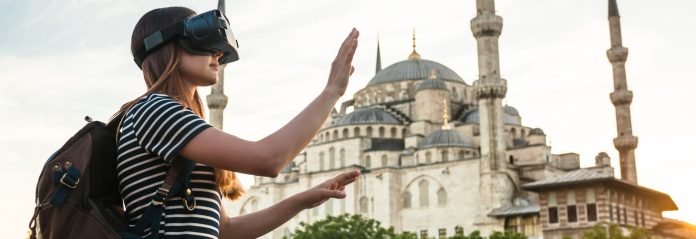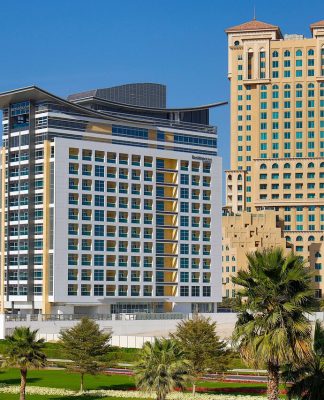As technology advances and the behaviour of travellers changes, the whole tourism production chain is reinventing itself.
With consumer confidence increasing in relation to technology, their travel expectations are also growing.
How people research and buy their trips today is more important than where they go. TripAdvisor and Phocuswright agree that 9 out of 10 travellers understand the importance of online comments and 95% trust them to be true.
The independent hotel trade itself has gained in strength with the technologies that are now available, and even with the consolidation of global brands.
The hotel trade in general is facing up to the by no means easy challenge of selecting and implementing technologies that best meet the needs of its guests, while seeking to establish a balance between convenience, privacy and security.
A technology-infiltrated travel experience will no longer be something new, but every care must be taken to ensure the industry does not lose its human touch. As Matthew Upchurch, CEO of Virtuoso Travel, says, “Automate the predictable. Humanize the exceptional.”
The world will keep on changing. The industry, which has already become accustomed to Airbnb, will see it both as a threat and an ally, because while the platform attracts business from hotels, it opens people’s minds to alternative types of hospitality.
So we need to be prepared for the new Airbnb buildings, for Marriott’s ‘Internet of Things’ room, and Hilton’s ‘Teched-out Room’.
But is the travel industry really ready for virtual reality?
It’s going to become more powerful and more accessible in 2018, when armchair travellers will be able to feel they are immersed in an exotic destination.
The more advanced packages will be able to synchronize the technology of a smart home with a virtual experience, by adjusting the temperature to match the ‘climate of the destination’, and provide sensory complements, like scented candles and the delivery of meals in accordance with the local culture. Thomas Cook and Marriott are already using virtual reality to attract customers, and are aware that the development of live streaming and 360-degree videos allows their customers’ friends and followers to connect with their journey digitally.
And that’s not all, since the most annoying travel accessory so far, selfie sticks, will give way to drones. But the invasion of these indiscreet flying objects is creating controversy. Issues such as plane routes, wildlife and national security are likely to hold the mania in check for some time, following the example of New York, which has already banned the use of drones near the Statue of Liberty.
Finally, it will be impossible to ignore artificial intelligence. There’s no doubt that computers can store a great variety of data and even imitate human behaviour, as in the role of chatbots.
But Amadeus has already gone further, by predicting a future in which tourists will be offered packages that combine:
- Collecting relevant and incisive data.
- Identifying patterns.
- Constructing fully tailored and highly detailed itineraries.
Generally speaking AI (artificial intelligence) is one of the most important trends in tourism, but the change in mindset of the industry’s executives and professionals will reveal the speed with which change is going to happen.























